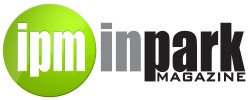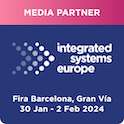USITT24, taking place March 20-23, 2024 in Seattle, is bringing back the education, networking, recruitment opportunities, and the Expo floor attendees know with reimagined all-attendee events, the industry’s latest and greatest technology, and even more interactive labs and professional development than ever before.
Education is a huge part of what USITT does. To support a lifetime of learning for its members, USITT offer yearly Professional Development Workshops (PDWs) at its Annual Conference & Stage Expo. These courses can be added to your USITT24 registration at check out, and provide hands on learning with industry experts.
Registration for the following Professional Development Workshops (PDWs) may be completed during your USITT24 registration process. If you sign up for an event that will cause you to miss part or all of a Conference day (Wednesday or Thursday), there will be a discount automatically applied to your conference registration at checkout.
FULL INFORMATION ON PROFESSIONAL DEVELOPMENT WORKSHOPS CAN BE FOUND HERE
Architecture
Architectural Tour of Seattle Area Theatres
Wednesday, March 20 – 7:30am-4:30pm
Join an Architecture Commission sponsored event that takes attendees on tour to multiple venues throughout the Seattle area. Transportation and lunch will be provided.
Specific venues TBA. This course provides 4 AIA LU|HSW
Digital Media
PIXERAv- Digital Media Hands-On Experience
Wednesday, March 20 – 9am-4:30pm
PIXERA, from AV Stumpfl, is a multi award winning 64-bit system for real-time media processing, compositing and management, based on the core theme of usability. Attendees are responsible for bringing their own lap-top.
Engineering
Introduction To Show Networking Hands On Workshop
Wednesday, March 20 – 8am-4:30pm
This introductory workshop, based on John Huntington’s book Introduction to Show Networking, explores the basics of networks and how they work in show systems such as lighting, sound, video, and even stage machinery. Basic networking concepts, IP addresses and assignment methods, subnet masks, general network operations and physical topologies will be introduced through readings and videos and online meetings, and then explored through hands-on labs. Network device control will be explored and other topics like broadcast storms and VLANs will be demonstrated.
A Holistic Approach to Anti-ableism and Disability Inclusion in Theatre – Part l
Saturday, March 23 – 8am-12pm
The workshop will begin with a focus on the current state of disability inclusion in the American Theatre and led by four members of the disability theatre community from varying disciplines and backgrounds.The content will focus on anti-ableist training in
both a large format and small group setting, addressing national and
individual needs.
A Holistic Approach to Anti-ableism and Disability Inclusion in Theatre – Part ll
Saturday, March 23 – 1pm-5pm
The second part of this workshop will focus on breakout sessions, narrowing the focus to three areas: artist/employee inclusion, theatre and workspace accessibility, and audience services. Small groups will meet in these areas and then report back to the group at large to maximize time and impact. The later half of this session will consist of small group breakout sessions to address the specific needs of individual companies and theatres brought forward by the participants. The session will wrap up with a Q&A as time allows. Throughout the workshop, examples of successes and failures (and how to avoid those
failures) will be presented. Resources and network opportunities will be given to all participants. *All participants of Part ll must have registered & attended Part l.*
Scene Design & Technology
“Visualizing the Imaginary: Twinmotion Techniques for Theatrical renderings and animations”
Wednesday, March 20 – 8am-12pm
In the last decade, the use of digital rendering, VR, 3D drafting, and digital paint elevations have created new ways of communicating our ideas with the use of technology. With most designers creating digital and 3D drafting, the use of highly detailed visualizations and renderings becomes another tool at our disposal to communicate ideas with the production team. This session will go in-depth on the use of Twinmotion software to create detailed and realistic images and stunning videos. This hands-on PDW will enable participants to bring their theatrical visions to life through the creation of captivating virtual environments. The software is incredibly user-friendly; enabling participants to learn to seamlessly translate their artistic ideas into immersive and dynamic visualizations that could streamline their design process. You will be able to observe and get familiar with the capabilities of the software, learn how to troubleshoot common problems, and will specifically learn how to utilize it in a theatrical setting. Participating designers will be equipped to enhance their career prospects in theatre design, collaborate effectively with production teams, and communicate their artistic vision with clarity and impact. Bring your personal computers with Unreal Engine: Twinmotion installed on your computer. Knowledge of 3D drafting in AutoCAD, Vectorworks, Sketch Up or similar, and a good understanding of digital media will allow you to follow along with ease. A sample 3D set will be provided, but a personal project or own design to work on during the session would be even better!
Sign Painting Essentials for the Scenic Artist
Wednesday, March 20 – 8am-4:30pm
In this PDW, Rachel Keebler from Cobalt Studios will teach hand lettering for the scenic artist. You’ll have plenty of hands-on time as you learn tips and tricks for consistency, style, etc.
Sound Design and Technology
Challenges of Sound System Design in Live Events
Wednesday, March 30 – 12:30pm-4:30pm
This 4-hour official L-Acoustics training offers certification in the “Intro to Pro Audio by L-Acoustics: Live Sound” course. The course introduces the live sound world and presents the L-Acoustics tools to design and operate live sound events. Participants will learn about the components and signal chain of a live sound system by building a model of a sound system design in L-Acoustics’ professional modeling software Soundvision and design the controlling interface in Network Manager. They will also gain an understanding of the workflow and jobs available in live sound projects. This class is limited to 12 participants with an instructor-led session that is both presentation, discussion, and hands-on tutorials. Participants must bring a laptop and mouse with them and download the latest version of Soundvision and Network Manager software (available for free on the company website). Upon completion of the training, participants gain a certificate of completion and 1 year access to the L-Acoustics Education Platform online learning community.
Room Acoustic and Sound System Simulations with EASE 5
Wednesday & Saturday, March 20 & 23 – 8am-12pm
This workshop will teach participants how to use EASE 5 to build a room model, add sources and receivers, and use it for prediction. Results can be maps, impulse responses, ray tracing, and auralization files. We will also talk about obtaining accurate predictions and analyzing the data.
This is an 8-hour class split between two-days, Wednesday 3/20 & Saturday 3/23.
Technical Production
AWP/MEWP Operator Training & Certification
Wednesday, March 20 – 8am-4:30pm
AWP (Aerial Work Platform) / MEWP (Mobile Elevating Work Platform) Training & Certification This training program allows participants to earn their AWP / MEWP operators card. This course consists of four key areas of learning and proficiency demonstration (Responsibility, Safety, Operation & Hands-On). This is a three part training session, where attendees will receive classroom instruction, as well as hands on training. This will culminate in both a written test and practical evaluation. Upon successful completion of this safety training, attendees will be presented with their AWP Operator’s Card. This training covers: Machine Safety Regulations, agencies and requirements Safe operation (components and controls) Inspection requirements.
Stage Automation
Wednesday & Thursday, March 20 & 21 – 9am-4:30pm & 9am-12pm
This PDW will include discussions that will cover Stage Automation from the very Basics through how control systems run Stage automation. The two days will cover machinal elements, Horse Power, how simple machines are the building blocks for most Stage Automation systems, Motors, Gearboxes , Limit Switches, Different types of Encoders and Estop Systems.
USITT Special Events
Foundations of Entertainment Rigging
Wednesday & Thursday, March 20 & 21 – 9am-4:30pm
While there is no substitute for experience when it comes to rigging, this class will present the fundamental concepts that underpin good rigging practices. Taught by trainers with more than 40 years combined experience in the field, topics are derived from the ETCP list of critical knowledge areas for riggers and will vary to suit the learners in the room. Presentation of information will be approachable for early career participants while also providing a depth of discussion through examples and case studies that will bring value and engagement to more experienced riggers. In addition to instructional content, resources for further learning and reference will be featured and explored. Participants will walk away with improved confidence, knowing more about both the “how” and the “why” of entertainment rigging. This is a two-day class run on both Wednesday 3/20 & Thursday 3/21 9am – 4:30pm
Exhibitor
ETC Eos Family Console Level 2
Wednesday, March 20 – 9am-4:30pm
Ready to move beyond the basics with your Eos family console? Build the skills you need to take your programming to the next level. Going beyond our Level 1 training, this class will get you going with additional features and functions of your console and get you on your way to programming like a pro.
Session Highlights:
• Understand display layouts and workspaces
• Record and recall Snapshots
• Record and recall Palettes and Presets
• Set up and use Direct Selects
• Take advantage of Discrete Timing and Multipart cues
• Create and use Relative and Absolute Effects
• Create and use a basic Magic Sheet ETCP Certificants will also receive 6 continuing education renewal credits.






